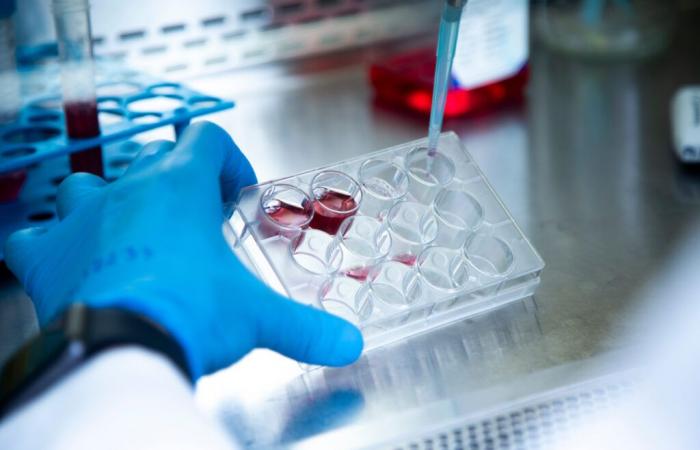Influenza kills hundreds of thousands of people each year and causes millions of hospitalizations worldwide; despite vaccines, it remains a global health burden. Human infections are largely caused by specific subtypes of influenza A (H1N1 and H3N2) and B (Victoria and Yamagata lineages) viruses, each comprising several strains. However, many vaccinated people develop a better response to one strain of the cocktail, and remain more vulnerable to others. This phenomenon known as
is explained by the fact that the immune system's memory of its first exposure to influenza can distort responses to future vaccines, thus limiting their effectiveness.
But being able to explain these variable responses, from one person to another, perhaps does not only involve the memory of the immune system:
host genetics should also be taken into account
The study concludes that host genetics is the most important factor in these individual differences in the response to the flu vaccine: this work reveals that genetic variations in the human leukocyte antigen (HLA) system which encodes some of our antibodies, shape the way each person processes vaccine antigens; which also influences the vaccination response:
- Analysis of antibody responses in monozygotic twins, vaccinated infants, and mouse models reveals that response bias is primarily due to host genetics, with prior natural or vaccine exposures playing only a role. secondary.
Scientists then developed a method to couple antigens from different viral strains via a scaffoldwhich enhances the activation of CD4+ T cells and thus broadens the antibody response.
With, as a result or achievement, a new vaccine platform which, by “erasing” these genetic differences in the host, makes it possible to improve protection against various subtypes of influenza: tested on animal models of infection with different strains, as well as on human organoids,
the new platform provides its first proof of concept and effectiveness.
Health






